Biochemical engineers are required to possess an integrated knowledge of governing biological properties and principles of chemical engineering methodology and strategy. We deal with the design, operation and optimization of bioprocesses concerned with the production of biological product by microbial and mammalian cells, including up- and down-stream processing working with industries. Current topics are mammalian and microbial cell and cell culture engineering for the production of biologics. Target biologics are enzymes, cytokines, therapeutic antibodies, vaccines and stem cell for cell therapy and drug evaluation.
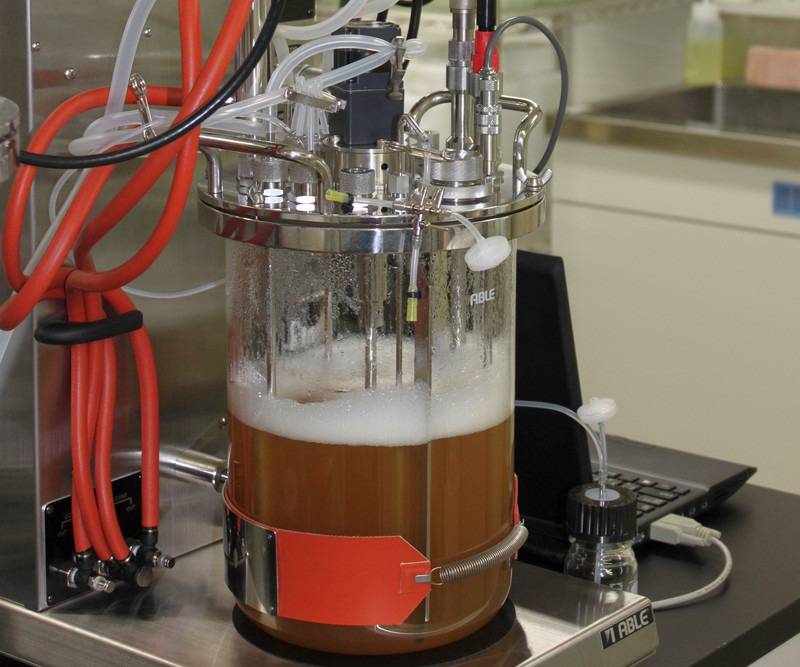
In a turn of the century, environmental, food and energy problems are becoming more inevitable. Now is the time to develop an environmentally friendly and sustainable socialsystem; biotechnology plays a key role in this challenge. Bioresource Engineering is a technology in search of a “core biological agent”, and to evaluate its practicality. Our laboratory challenges the issues utilizing metabolomics and imaging mass spectrometry as our core competence. Our mission is to raise human resources, who will be the international leaders of the Biotechnology field.
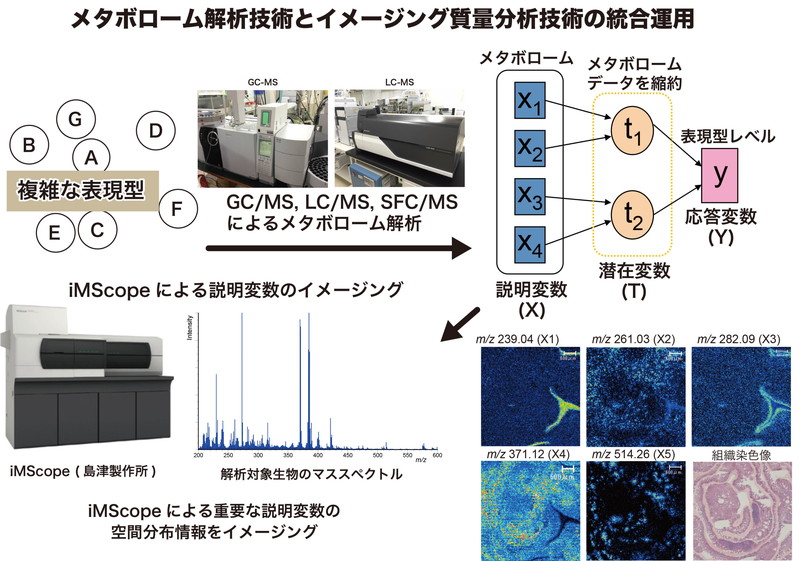
Many chemicals have been released into the environment in our modern society. However, despite much concern about possible harmful effects of the chemicals, their actual biological effects on humans and wildlife remain unclear. Our laboratory studies the biological responses elicited by environmental chemicals and is also establishing a new system for detecting chemicals using biological materials.
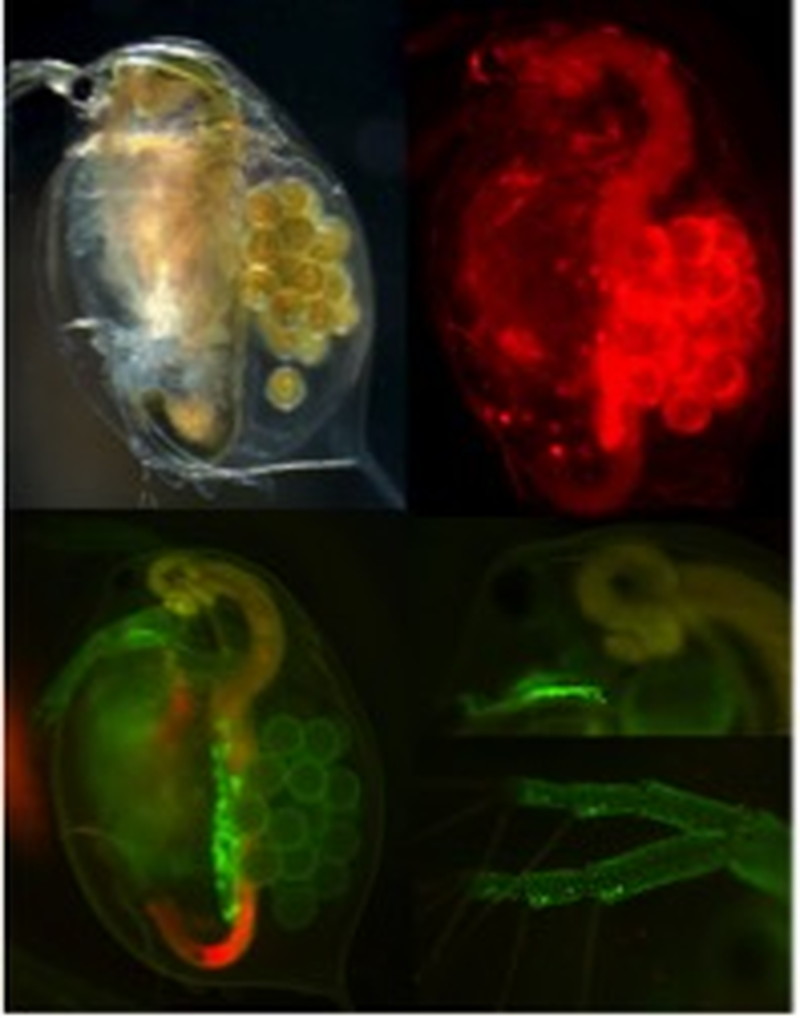
Foods and drugs are produced by using biotechnology approaches. Our laboratory aims at contribution to produce food and drugs with higher quality and more safety though understanding physico-chemical properties and functions of biopolymers such as proteins, nucleic acid oligosaccharides. We are also engaged in the development of states-of-arts methods including mass spectrometry and modern analytical ultracentrifugation for deep and total understanding of the systems. Biophysical and biochemical analyses of food and food products are also conducted.
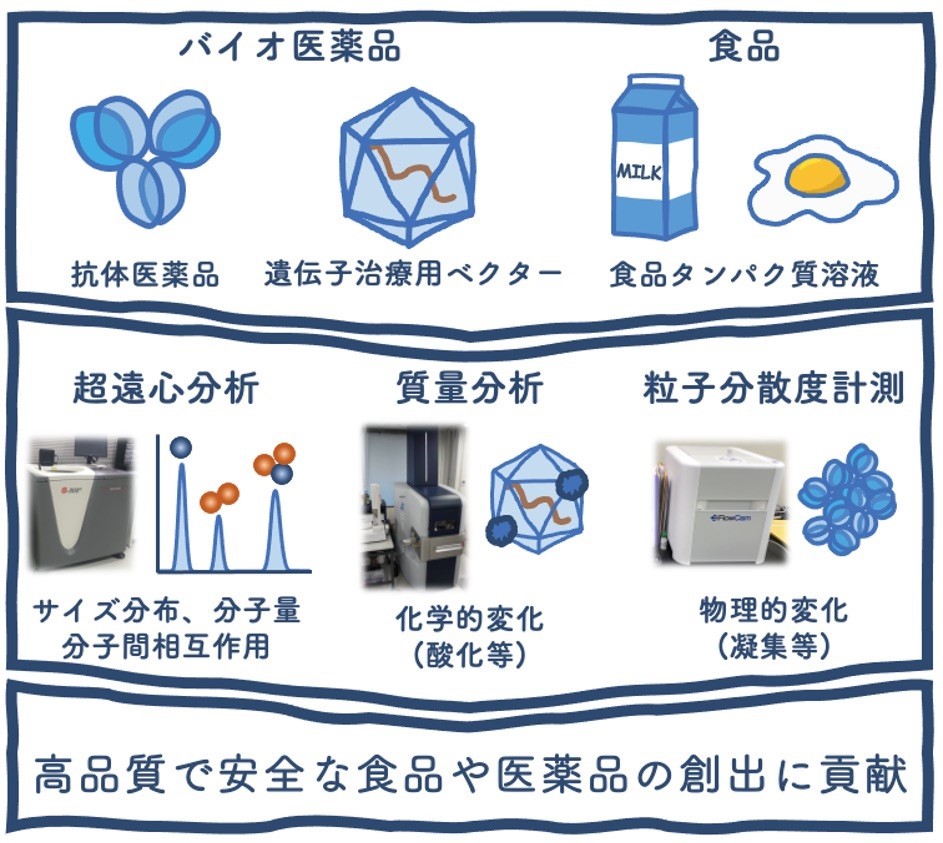
Plants produce a huge variety of specialized metabolites with different biological activities. Our primary interest is to understand the regulation and the synthesis of these compounds in plants identifying the genes involved in its biosynthesis and producing them using genetically modified organisms (bacteria, yeast, algae and model plants). More recently, we are promoting the study of valuable crops in a changing environment by combining genomics, metabolomics and genome editing technologies. Our goals and findings may contribute to promote health and increase food production in a climate-changing world.
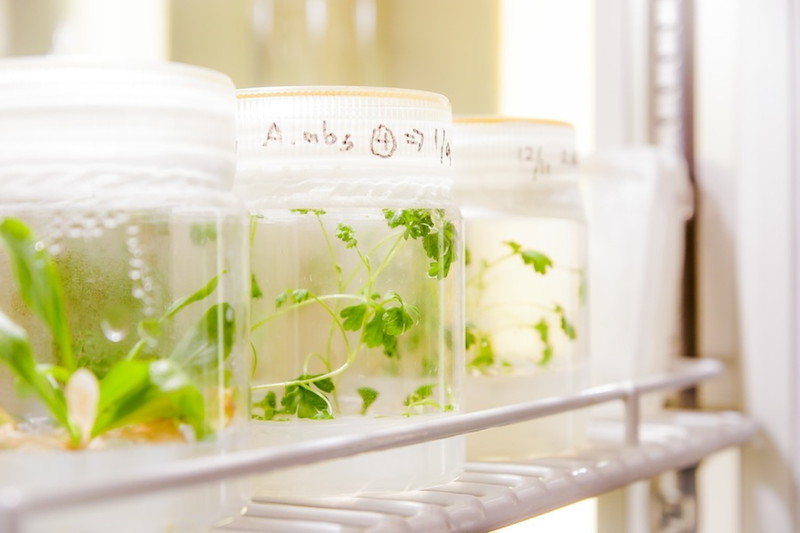
We are conducting applied research on cell manufacturing such as modeling, optimization, measurement, and process development by elucidating biological phenomena for human tissues. In particular, we are working on the design, quality evaluation, and stabilization of stem cell manufacturing processes, including iPS cells and mesenchymal stem cells, which are expected to be applied to regenerative medicine.
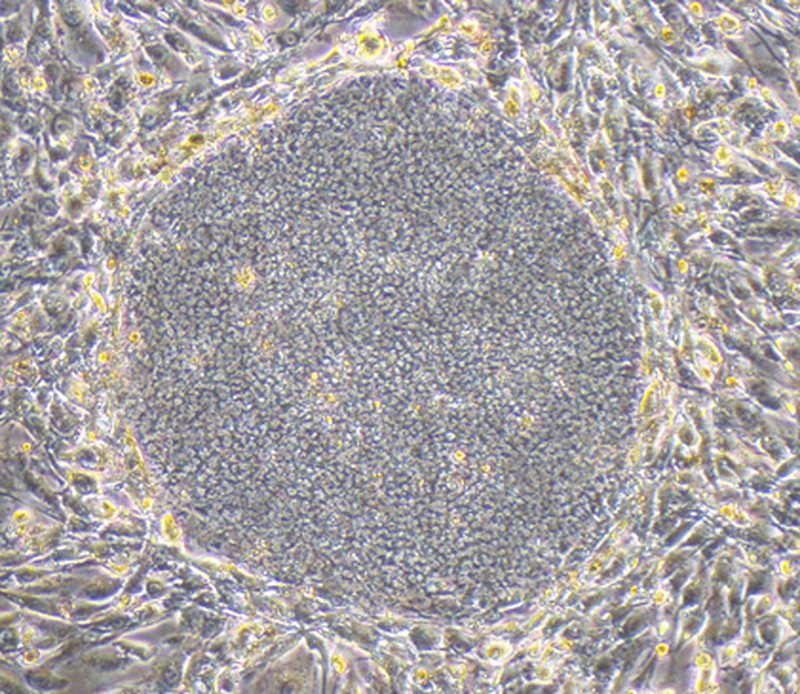
Functional Microbe Technology Area
The vision of our laboratory is to create innovative biotechnologies to realize a society where everyone can live in comfort. To realize this vision, we are developing next-generation biotechnologies by analyzing, reconstructing, and applying the extremely diverse functions of microorganisms by expanding the framework of omics science, information science, and synthetic biology.
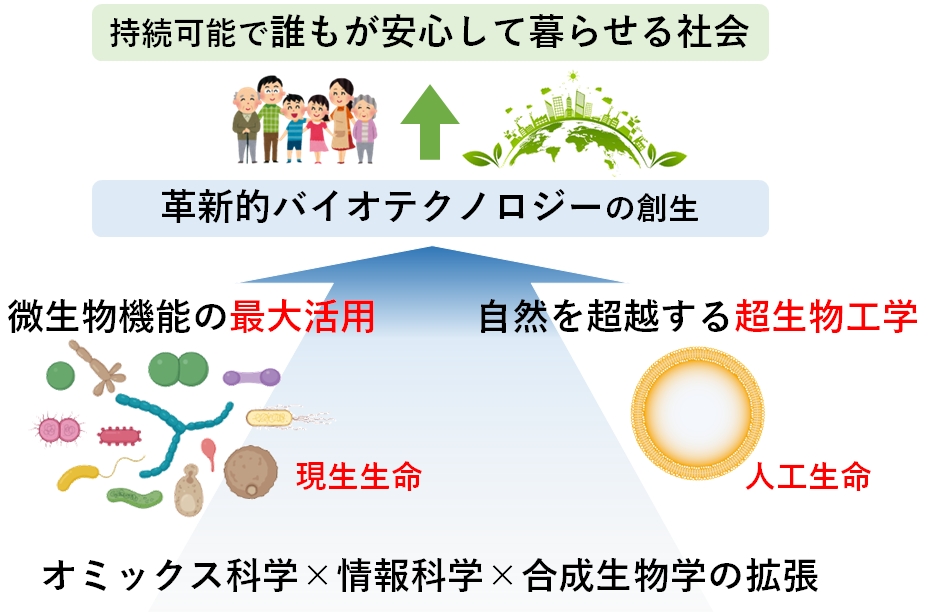
We face the challenge of breaking away from the production and consumption cycle that depends on fossil resources; there are high expectations for valuable compounds production using living organisms that have a low environmental impact and sustainable development. In our laboratory, we are designing new bioprocesses (fermentation processes) for future bioproduction based on understanding and rewiring the metabolic networks in living organisms, For this purpose, we tried to develop various technologies such as in silico metabolic design platform, experimental evaluation of metabolism by 13C metabolic flux analysis, computational rational enzyme design, evolutionary engineering, and multi-omics analysis. By integrating these technologies, we are aiming to understand and construct metabolic pathways (systems) and biomolecules (elements) in the new metabolic engineering.
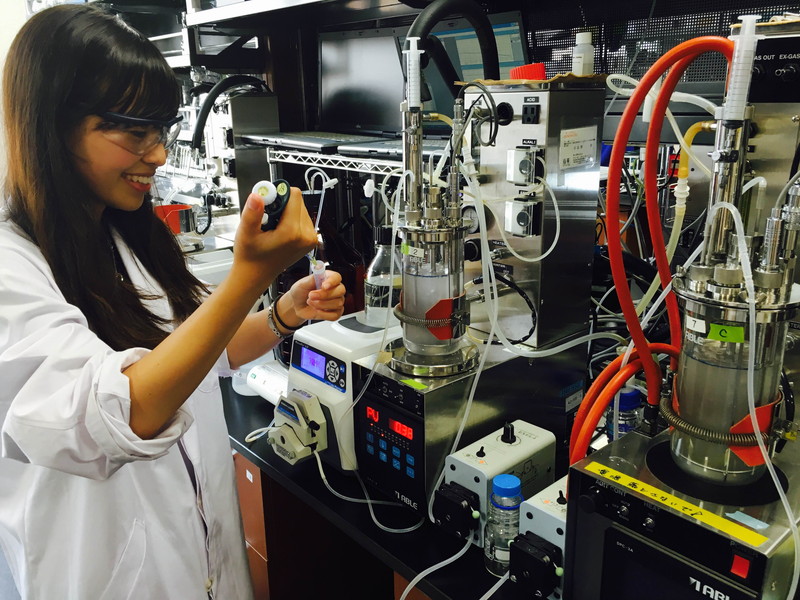
Analytical Biotechnology Laboratory has started from April 2018 to elucidate the principle of biological system which consists of complex interactive network of biological molecules (gene, protein, metabolites, and cell etc). Understanding the mechanism of adaptation, robustness, and evolution by information technologies is beneficial for multiple fields including information, engineering, agricultural and medical sciences. We are trying to achieve the quantitative elucidation of the property of biological system by analyzing various kinds of molecules using advanced analytical technologies. The extracted characteristics of the system by reconstructing the operation principle in sillico and in vitro will contribute to the efficient and novel bioproduction and drug discoveries.
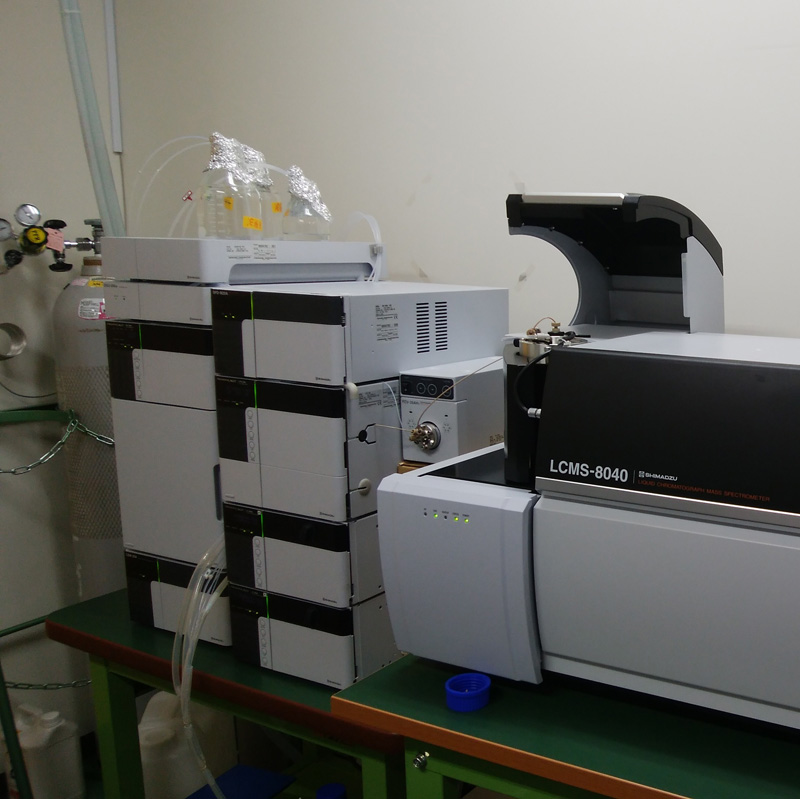
Among a wide variety of living organisms, our group is focusing on microorganisms owing to their great diversity and unique physiology. We are working on (i) the identification and characterization of biomolecules underlying the unique physiology of microorganisms, and (ii) their application to the development of industrially useful technologies (e.g., those for chemical/pharmaceutical manufacturing, waste treatment, and energy production). Currently, we are particularly interested in biomolecules derived from extremophiles, such as thermophiles.
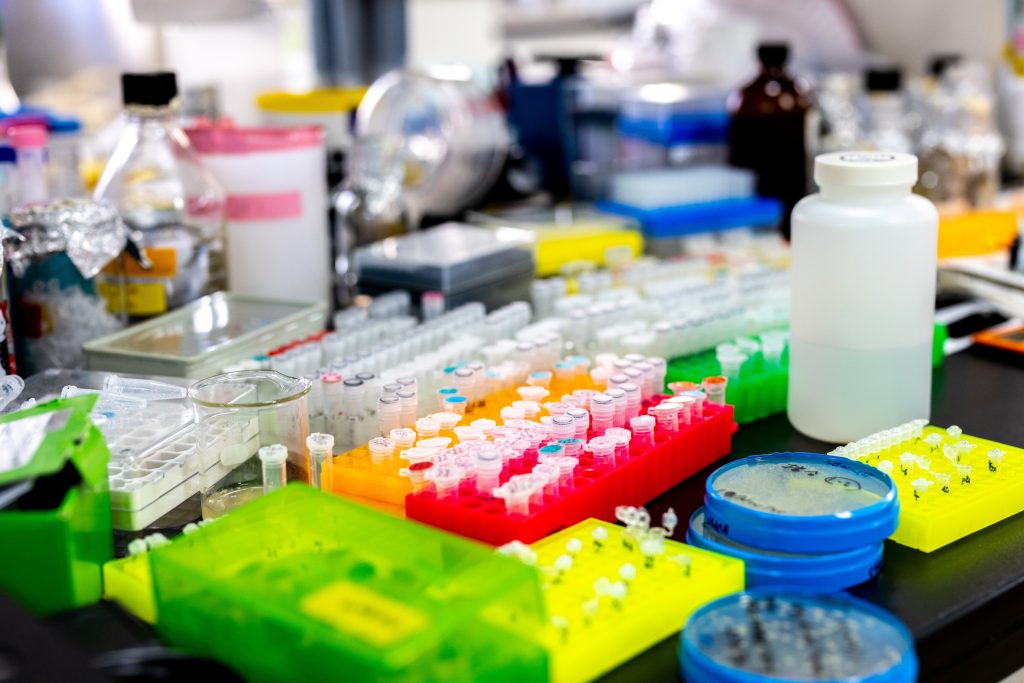
We are studying the development of human pharmaceutical protein production systems in various bioreactors such as plants, insects and microorganisms. Especially, we are focusing on the glycosylation that affects the drug efficacy. Our challenge is to produce human friendly-recombinant pharmaceutical proteins with basic glycoscience and glycoengineering. We are in progress toward discovery of microorganisms with new and remarkable potentials with the international cooperation among Southeast Asian countries in the aspects of research and educational advancement.
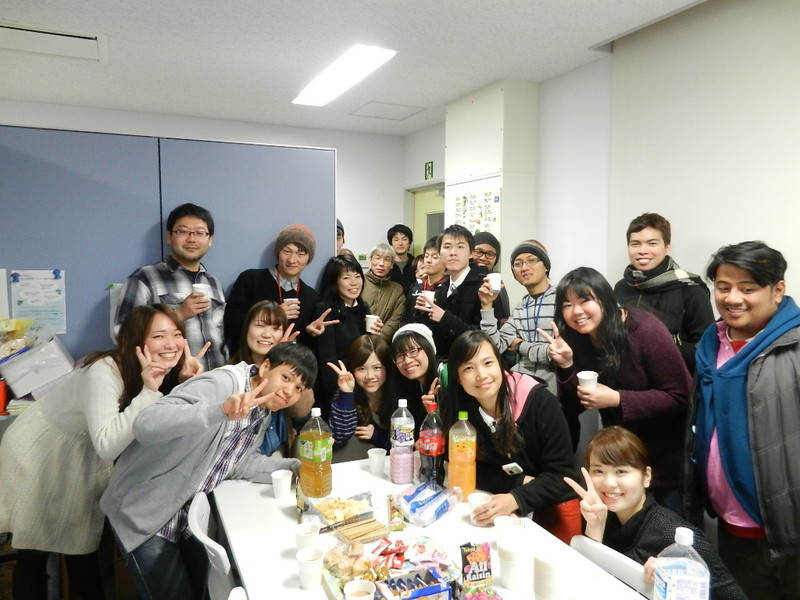
Protein crystallography and Cryo-EM is the major method to determine the atomic structure of protein molecules, in order to elucidate the molecular mechanism of highly organized biological systems. Our main aim of research is the atomic structure determination of the biological macromolecular assemblies including membrane protein complexes. Current Research Projects are “Structural studies of photosynthetic membrane protein complex and related redox enzymes”, “Crystal structure analysis of dynein motor” and “High resolution and damage-free structure analysis of metalloproteins”.
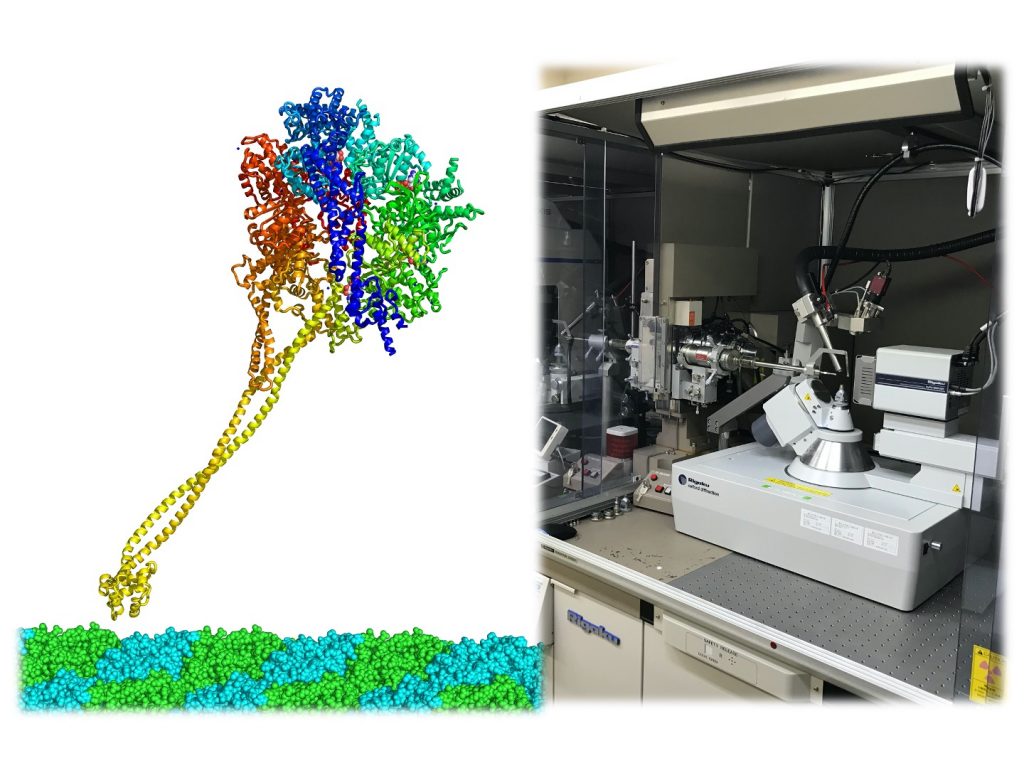
Top